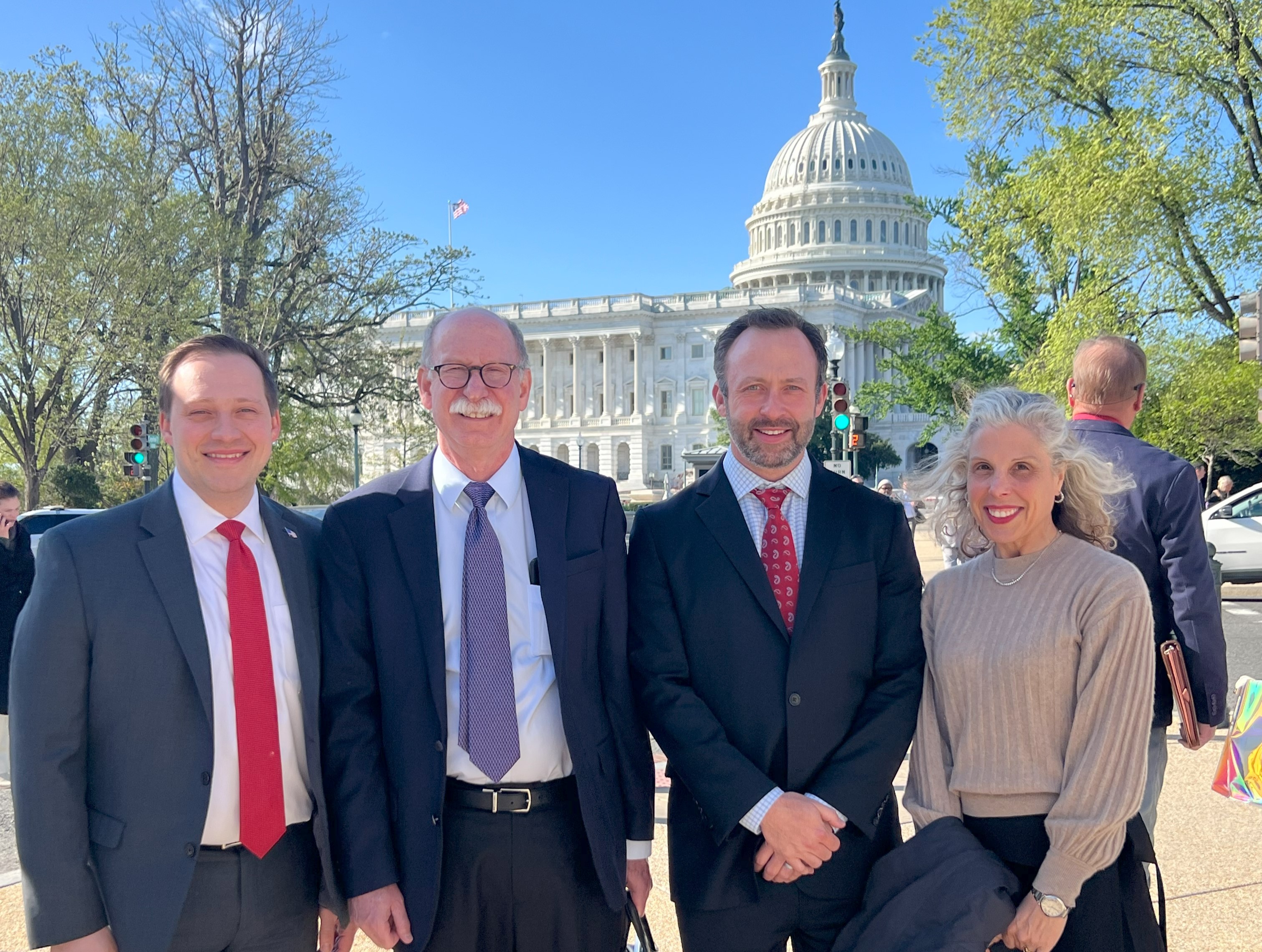
February 2023 Public Health Emergency Ending May 2023 On January 30, the Biden Administration announced May 11, 2023, as the targeted end date for the national public health emergency (PHE) declarations implemented during the COVID-19 pandemic. This policy update will examine several of the health-related COVID-19 Federal Emergency Declarations and which flexibilities will end in May.
Coverage and Payment for COVID-19 Coverage for COVID-19 Vaccines and Tests: During the pandemic, Medicare, Medicaid, and CHIP enrollees, in addition to group health plans and individual health insurance plans, all received coverage for COVID vaccinations and testing without cost sharing. These cost-sharing changes will end once the PHE expires.
In-Office Dispensing Stark Statues Back in Effect Many physician groups and providers within LUGPA offer pharmaceutical dispensing services to their patients. In-office dispensing (IOD) is generally permitted under exceptions to Stark Law regarding in-office ancillary services. Under this exception, IOD should be provided at the point of care, including pick-up, would disallow mailing of prescriptions. During the COVID-19 public health emergency, CMS suspended several of the Stark rules, which allowed greater flexibility to dispense pharmaceuticals in-office. The end of the PHE means that these waivers will expire. CMS recently released a Q&A on the ancillary services exception and reiterated that the IOD must be completed at the point of care. It is also important to note that if the state you are operating in prohibits mailing of prescriptions, these laws supersede any exceptions by CMS to mail prescriptions. The interpretation of Stark Law with respect to IOD is nuanced and controversial. LUGPA strongly believes that IOD is an important component of quality care and will continue to advocate for the ability of its member practices to provide this important service to their patients.
Federal Match Rates and Medicaid Coverage Medicaid Coverage and Federal Match Rates: During the PHE, states received a 6.2 percent increase in their regular federal matching rate (FMAP) if they met the following conditions:
As part of the Consolidated Appropriations Act (CAA), the continuous enrollment conditions were removed from the PHE requirements, and continuous enrollment will end on March 31, 2023. The enhanced federal funding was also affected by the CAA and will expire on December 31, 2023.
3-Day Prior Hospitalization Requirement: In March 2022, the Centers for Medicare & Medicaid Services (CMS) waived the 3-day prior hospitalization requirement for skilled nursing facility (SNF) stays for Medicare beneficiaries who required a transfer due to a disaster or emergency. In addition, beneficiaries who may have exhausted their SNF benefits could receive renewed SNF coverage without starting a new benefit period. This waiver will end with the end of the PHE.
Medicare Advantage Coverage: During the PHE, Medicare Advantage plans were required to cover services at out-of-network facilities that participate in Medicare, and only charge enrollees affected by the emergency at a rate no higher than they would face if they had received care at an in-network facility. According to new Medicare rules released in May 2022, this requirement will end 30 days after the end of the PHE.
COVID-19 Section 1115 and 1135 Waivers: During the PHE, CMS allowed states to enact changes to their Medicare, Medicaid, and CHIP programs that ignored statutory or regulatory provisions in order to provide needed care to enrollees served by these programs in affected areas. These changes were requested and granted through the Section 1115 and Section 1135 waiver processes. The waiver process gives the Secretary of Health and Human Services the authority to approve experimental or temporary changes to Medicare, Medicaid and CHIP programs in order to improve the program or respond to emergency situations. The 1115 waivers will end 60 days after the end of the PHE. The 1135 waivers will end no later than the end of the PHE. The Kaiser Family Foundation has tracked these waivers on their website: Medicaid Emergency Authority Tracker.
Extension of Liability Immunity During the PHE, the federal government extended liability immunity to additional providers to allow for improved delivery and access to care during the pandemic. This change allows providers like pharmacists to administer vaccines while enabling physicians, registered nurses, or practical nurses whose licenses expired within the past five years to provide vaccines in any state. Under the current rules, this extension should end on October 1, 2024.
Telehealth Coverage Expansion Extended The rapid growth of telehealth and the public’s increasing acceptance of remote care has led lawmakers and CMS regulators to delay their expiration and examine their effectiveness in managing costs and expanding care. In March 2022, Congress extended several of the telehealth coverage expansions implemented during the pandemic, including:
The Consolidated Appropriations Act (CAA), which was signed into law on December 31, 2022, extended many of the telehealth flexibilities authorized during the COVID-19 public health emergency through December 31, 2024. The CAA also requires the HHS Secretary to submit a report to Congress regarding the use of telehealth services by April 2026. The telehealth extensions and HHS report could indicate that Congress, CMS, and HHS may be examining data to determine if the telehealth expansion work and could be permanently extended in future legislative or regulatory reforms.
Cross State Licensing During the PHE, every state and Washington DC temporarily waived several aspects of state licensure requirements, allowing providers with equivalent licenses in other states to medicine via telehealth. The future status of these waivers differs by state. While some states linked their waivers to the federal PHE, others extended the waiver further or made the expansion permanent. For more information, you can view the Federation of State Medical Board Tracking website here: https://www.fsmb.org/siteassets/advocacy/pdf/states-waiving-licensure-requirements-for-telehealth-in-response-to-covid-19.pdf
HIPAA Penalty Waivers To expand the use of telehealth during the PHE, HHS waived potential penalties for HIPAA violations for providers that served patients in good faith using services like FaceTime or Skype. This waiver will end with the PHE in May.
Telemedicine for Controlled Substances During the PHE, certain health care providers that were registered with the Drug Enforcement Agency were given an expanded ability to use telehealth to issue prescriptions for controlled substances to patients without an in-person evaluation, given the provider and patient meet certain conditions, which are outlined here. This expansion will end with the end of PHE in May, or earlier if the DEA chooses an earlier date.
CMS and LUGPA Provide Resources The Centers for Medicare & Medicaid Services collected resources online to help providers prepare for the end of the PHE. These resources are updated to reflect any recent changes from CMS or Congress. The CMS has created a CMS Emergencies Page including several resources providers can use when preparing for the end of the PHE:
|





